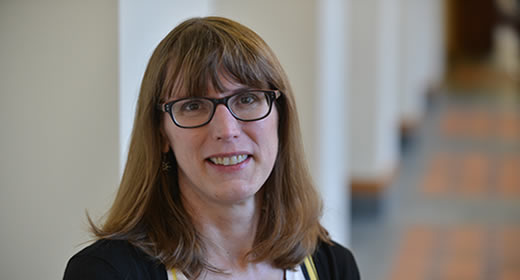
A recent report authored by Kristin Seefeldt and colleagues from The Urban Institute is the subject of Olga Khazan's article for The Atlantic, "What Happens If You Have No Welfare and No Job?"
"Spending on Temporary Assistance for Needy Families, or TANF, the only cash assistance program that non-disabled, non-elderly, poor single mothers are eligible for, has dropped precipitously," writes Khazan. Wondering what happened to mothers who had neither jobs nor cash assistance, she turned to Seefeldt's report to the U.S. Department of Health and Human Services' Administration for Children and Families.
The report, "Understanding the Dynamics of Disconnection from Employment and Assistance," describes the results of 51 interviews with "disconnected, unmarried mothers from Southeast Michigan and Los Angeles, California." In it, the authors describe the barriers mothers report to maintaining employment and benefits, how these mothers manage financially, and the hardships they and their children encounter as a result.
Khazan writes that while she "knew there was no way being kicked off welfare and not finding employment could be good," Seefeldt's fascinating new qualitative study offered "a pretty sobering look at life as a woman with kids, no husband, no job, and no cash assistance."
Kristin Seefeldt is an assistant professor of social work and public policy at the University of Michigan.